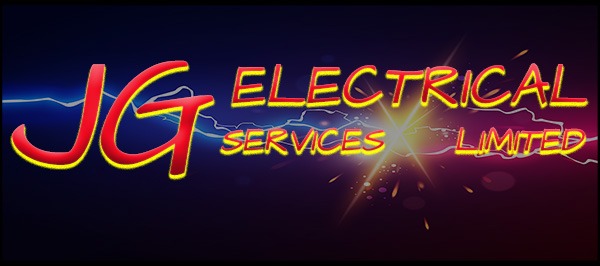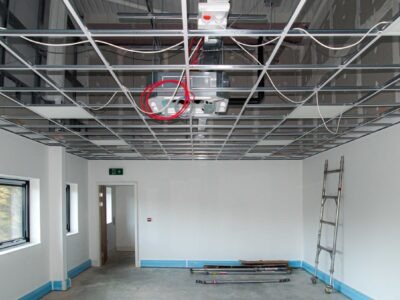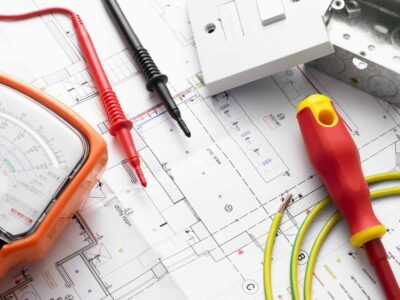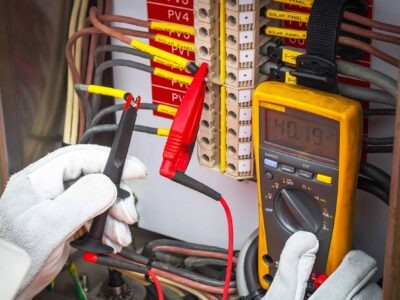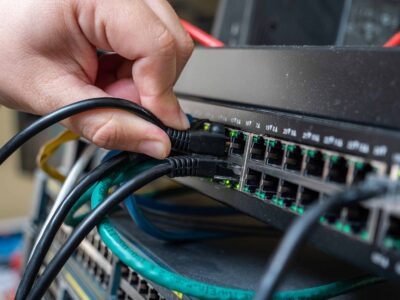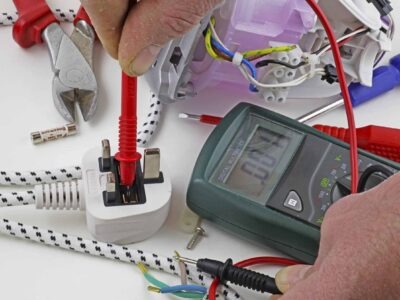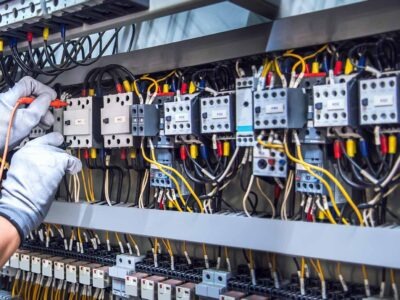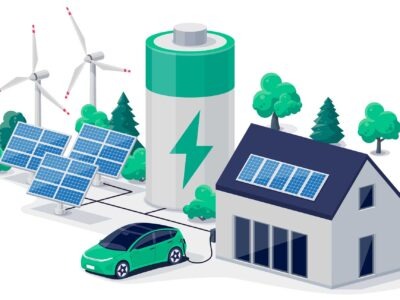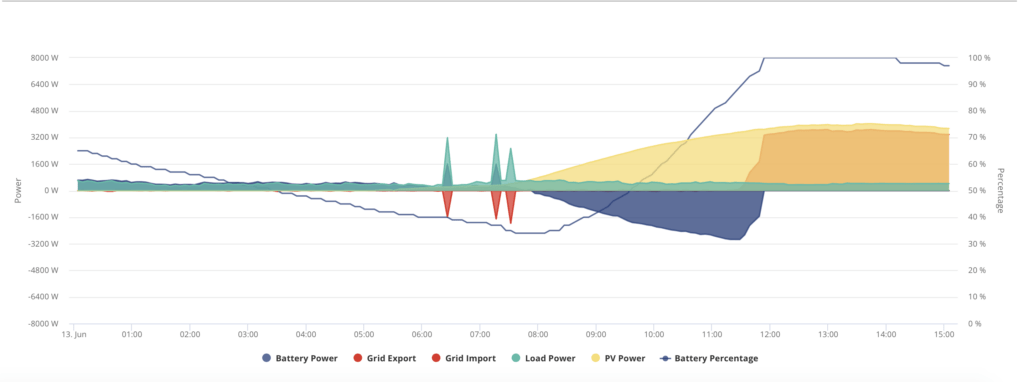JG Electrical Services Limited: CERTIFIED BODIES
NAPIT CERTIFIED

We are registered with NAPIT and hold the highest certifications for all areas of electrical work, our scheme membership number is 6387 and we can be found here.
We can fully sign off all building works for Part P notification.
TRUSTMARK REGISTERED

We are registered TrustMark members and our license number is 115252.
The Trustmark Customer Charter can be found here for download on our website. Please email any feedback to us here. This will be put in the customer reviews section (testimonials) on our website.
For Trustmark Customer Feedback about JG Electrical Services Ltd please see here. Once we have completed a job for a customer you will get either a feedback card (free post) or an email (your choice) in line with the Trustmark Charter, this feedback is operated by the Trustmark and Napit approved customer review and feedback company found here.
WE ADHER TO THE RECC CODE OF PRACTISE

We are registered with the Renewable Energy Consumer Code (RECC), our membership number is 00076036.
MCS CERTIFIED

We are fully MCS registered wand our registration number with the MCS is NAP-6397.
We can be found on the MCS website here. Just put in our mcs registration number “NAP-6397” in the search by name or number box.
JG Electrical Services Ltd
- Explore our comprehensive range of electrical and renewable services, tailored to meet your specific needs and sustainability goals.
- Experience peace of mind knowing our team of certified professionals is dedicated to delivering top-quality electrical and renewable solutions.
- From installations to maintenance, trust our expertise to ensure your electrical and renewable energy systems operate efficiently and sustainably.
- Discover how our certified electrical and renewable solutions can enhance energy efficiency, reduce costs, and minimize environmental impact.
- Harness the potential of renewable energy with our certified experts, committed to empowering your journey towards a greener future.
FOR ANY ENQUIRIES, NO OBLIGATION QUOTE OR TO DISCUSS A PROJECT THEN
please click here to contact us
